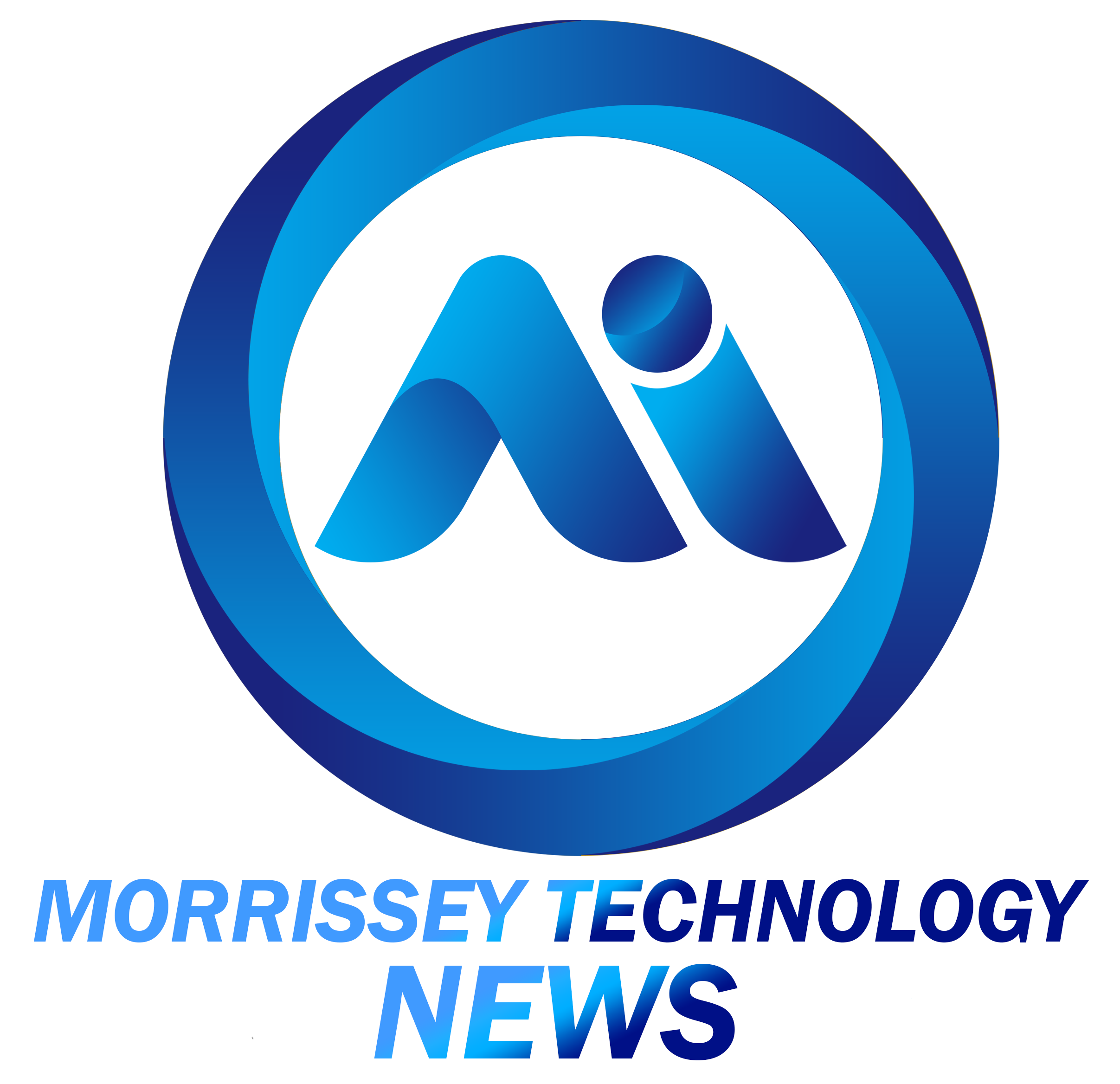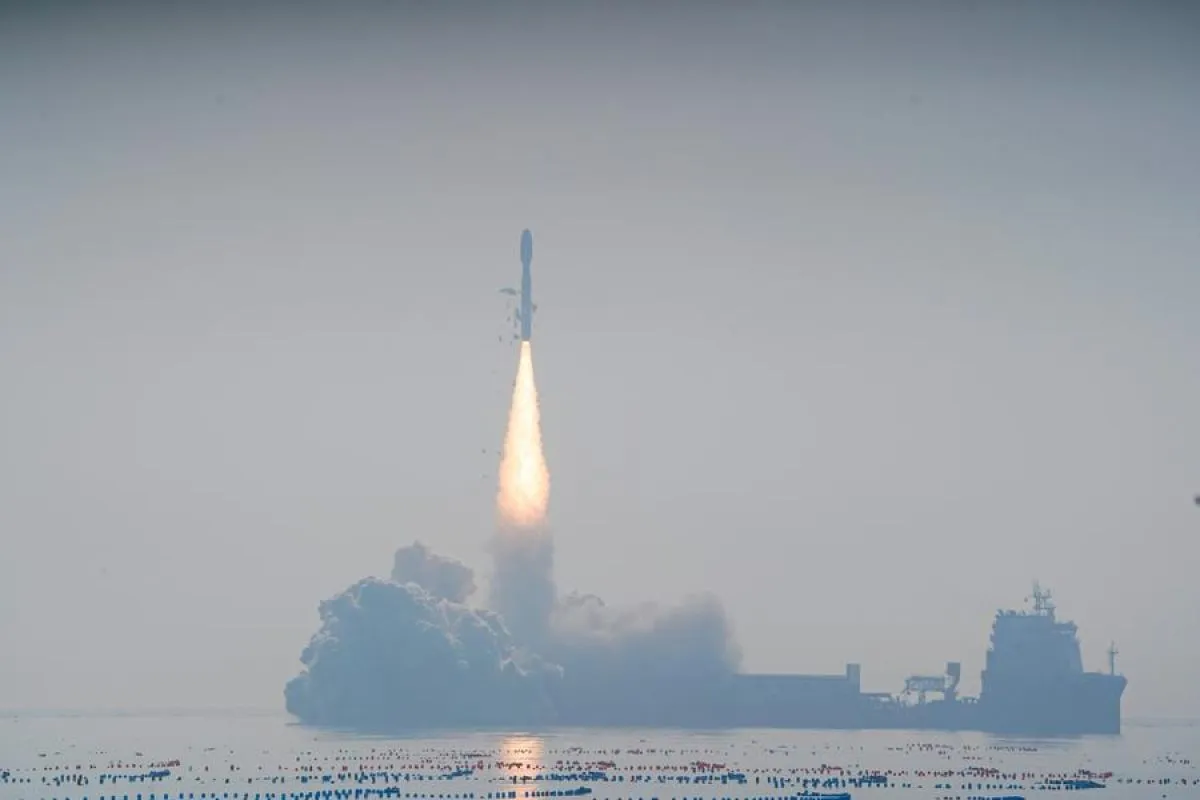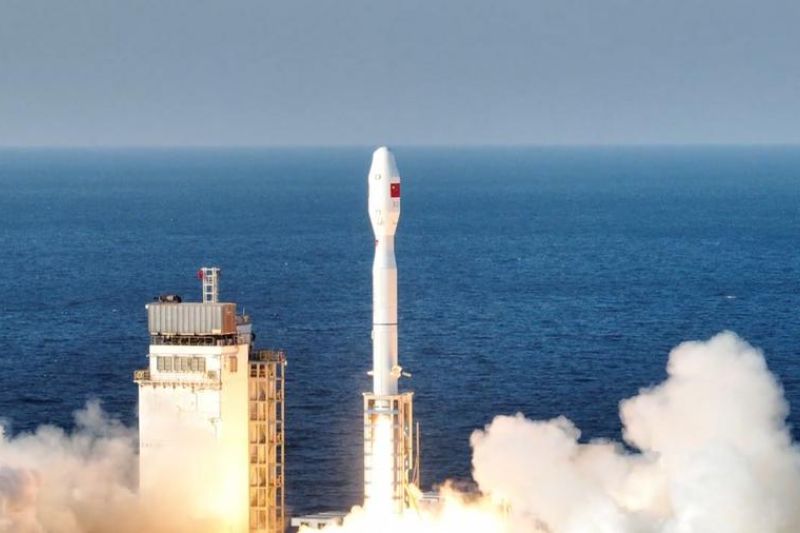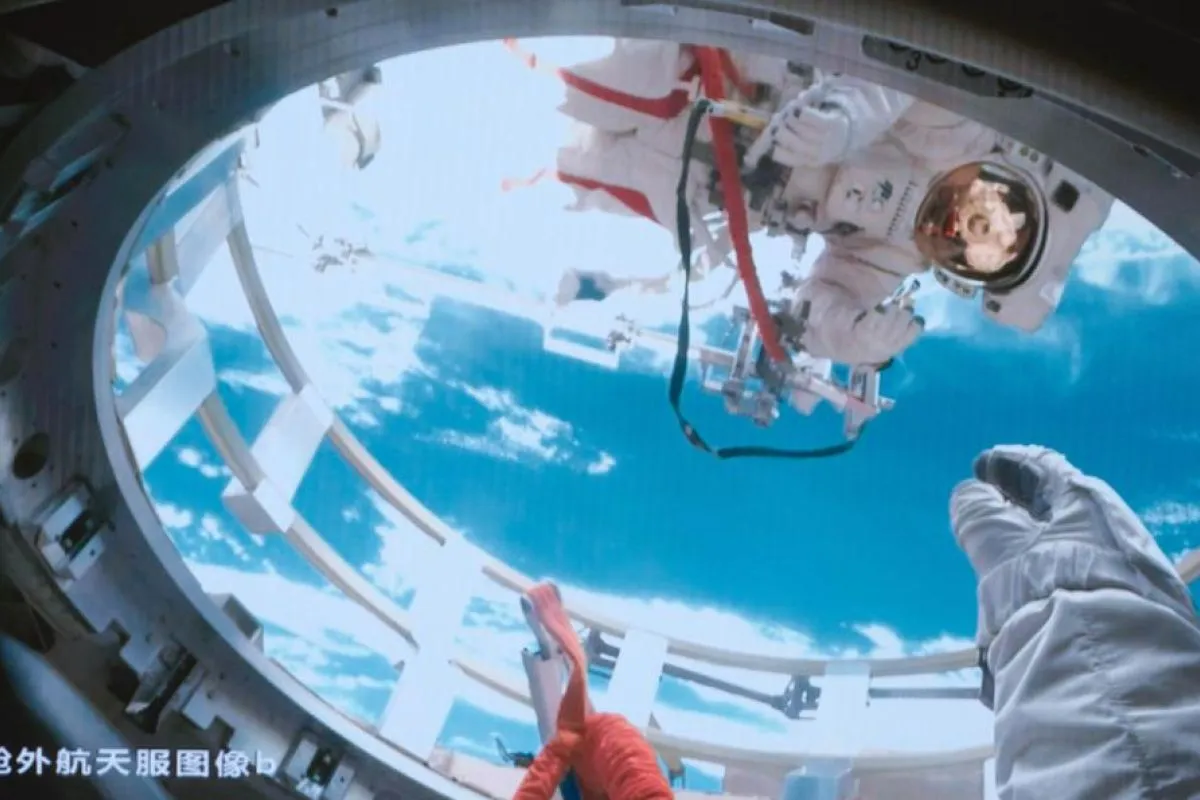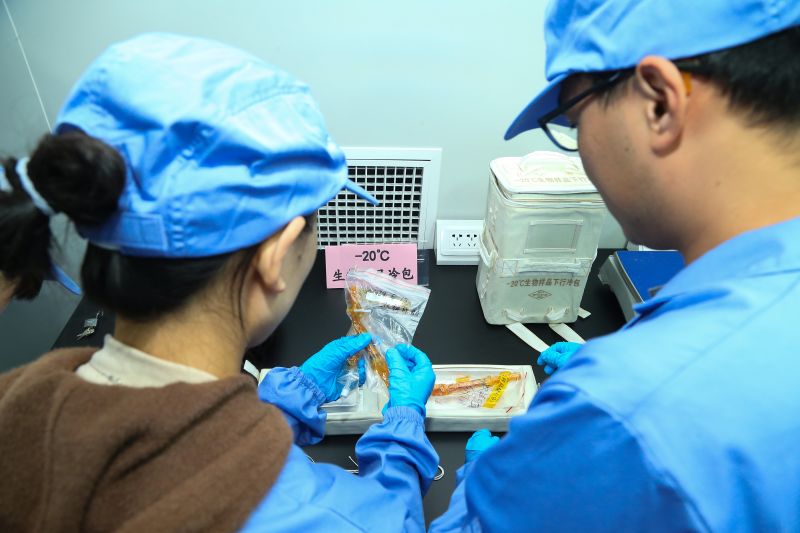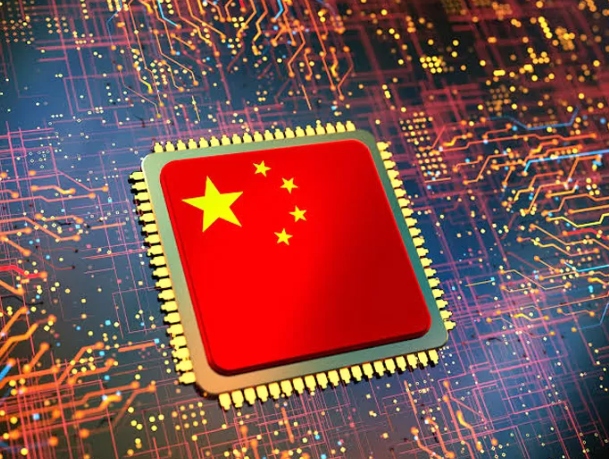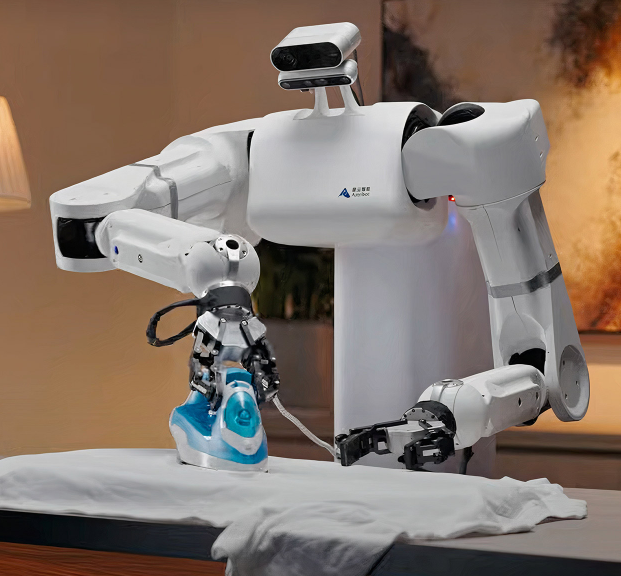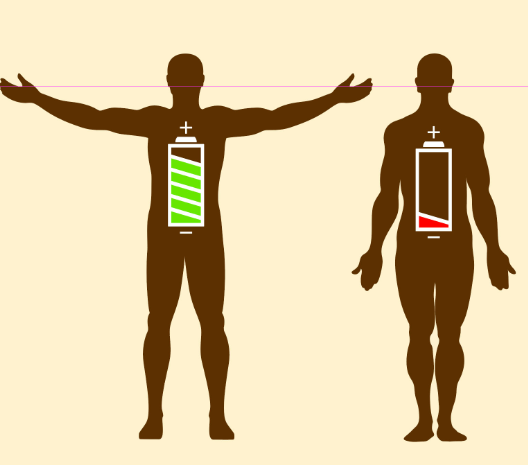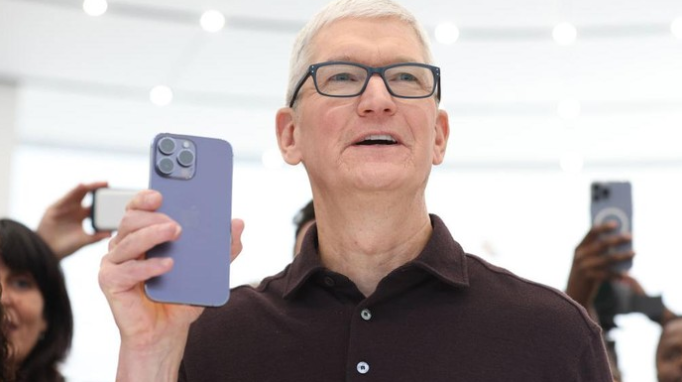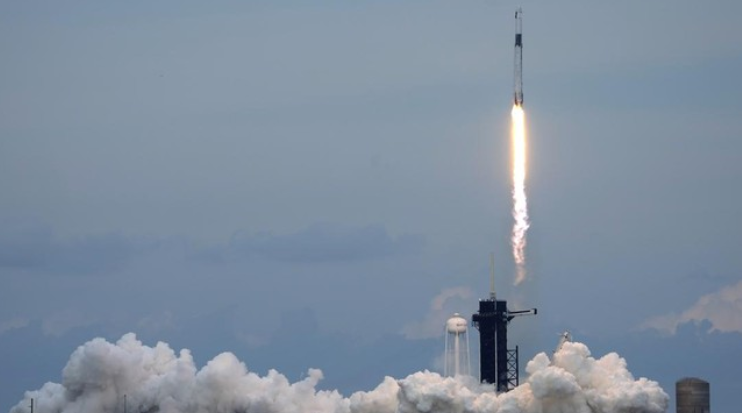Menilik robot penyadap karet buatan China yang masuk pasar Indonesia
Jakarta – Sebagai bahan baku industri yang penting, karet alam memiliki berbagai macam penggunaan. Namun, akibat intensitas tenaga kerja yang tinggi dalam proses menyadap karet, jam kerja yang tidak menentu, dan prevalensi penyakit akibat pekerjaan, banyak negara penghasil karet alam, termasuk China, menghadapi masalah kekurangan tenaga kerja yang semakin meningkat.
“Pengembangan robot penyadap karet bertujuan untuk mengatasi tantangan yang ditimbulkan oleh semakin sedikitnya petani karet,” kata Wakil Direktur Institut Penelitian Karet Alam di Akademi Ilmu Pertanian Tropis China, Cao Jianhua.
Robot penyadap karet mobile ini mewujudkan integrasi mendalam antara kecerdasan buatan (artificial intelligence/AI), teknologi robotika, dan teknik pengelolaan karet alam.
Robot tersebut dilengkapi dengan sebuah lengan robotik yang dapat bergerak secara fleksibel dan, dengan mengandalkan tracked mobile platform, robot itu dapat bergerak bebas di tengah-tengah perkebunan karet.
Robot ini menggabungkan teknologi seperti navigasi medan adaptif, pemosisian di hutan, dan perencanaan jalur otonomos. Semua itu memungkinkan pengendalian terpresisi terhadap kedalaman penorehan pada pohon, ketebalan kupasan, dan pengukuran batang pohon, serta kemampuan beradaptasi terhadap medan yang kompleks.
Saat ini, kapasitas menyadap karet robot itu dapat mencapai 80 persen dari proses menyadap karet secara manual, menunjukkan kinerja yang baik secara keseluruhan.
Pada 2015, Institut Penelitian Karet Alam di Akademi Ilmu Pertanian Tropis China membentuk sebuah tim yang meneliti proses penyadapan karet secara mekanis. Dalam beberapa tahun terakhir, pisau elektrik portabel untuk menyadap karet yang dikembangkan institut tersebut telah didemonstrasikan di Indonesia, Thailand, dan 13 negara penghasil karet utama lainnya.
Mesin penyadap karet terpasang yang dikembangkan oleh institut itu juga telah mulai dipromosikan. Keberhasilan pengembangan robot penyadap karet mobile yang lebih canggih menunjukkan terobosan signifikan China dalam penelitian dan pengembangan peralatan untuk menyadap karet yang sepenuhnya otomatis dan pintar.
“Kami adalah yang pertama memulai penelitian tentang robot penyadap karet dan berada di posisi terdepan di bidang ini secara global,” ujar Cao.
Robot ini telah diuji coba di Provinsi Guangdong, Yunnan, dan Hainan. Kualitas getah karet yang dikumpulkan oleh robot ini juga tidak dapat dibedakan dari yang diperoleh melalui proses penyadapan karet secara manual.
Setiap robot mampu menangani pekerjaan menyadap karet di perkebunan karet seluas 50 mu (sekitar 3,33 hektare), sehingga memungkinkan pengembalian biaya pembelian robot dalam waktu satu tahun berdasarkan harga karet alam saat ini.
Tim peneliti tersebut juga sedang mengerjakan iterasi teknis guna lebih meningkatkan efisiensi dan kemampuan adaptasi robot dalam menghadapi berbagai medan.
Ke depannya, para pengguna akan dapat memeriksa status operasional robot dan memantau kondisi perkebunan karet melalui aplikasi ponsel pintar, memanfaatkan mahadata (big data) dan AI untuk pengelolaan otomatis perkebunan karet, sehingga membebaskan para pekerja dari pekerjaan berat.
Musim menyadap karet di Hainan akan dimulai pada April, dan robot ini akan digunakan di beberapa perkebunan di Danzhou untuk uji coba.
“Beberapa perusahaan ban multinasional, bersama dengan perusahaan perkebunan karet dari Indonesia dan Thailand, telah menyatakan ketertarikan mereka terhadap produk ini,” ungkap Cao.
Lebih lanjut, ia menambahkan bahwa setelah teknologi produk ini stabil dan siap edar, robot ini akan dipromosikan di negara-negara penghasil karet alam utama di Asia Tenggara dan sekitarnya.
